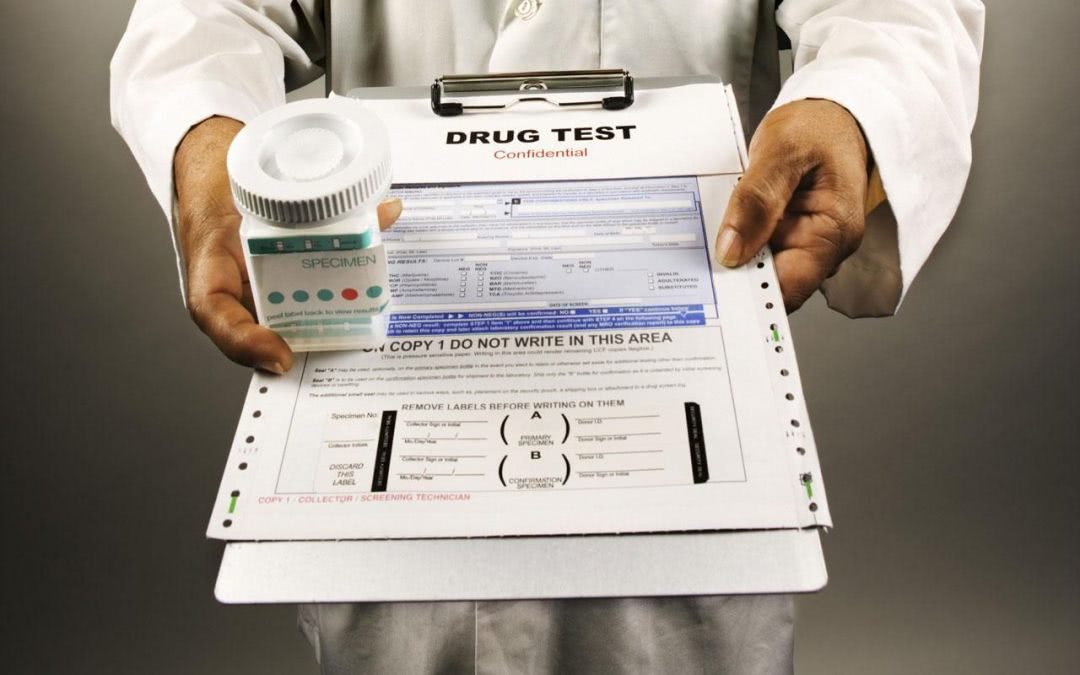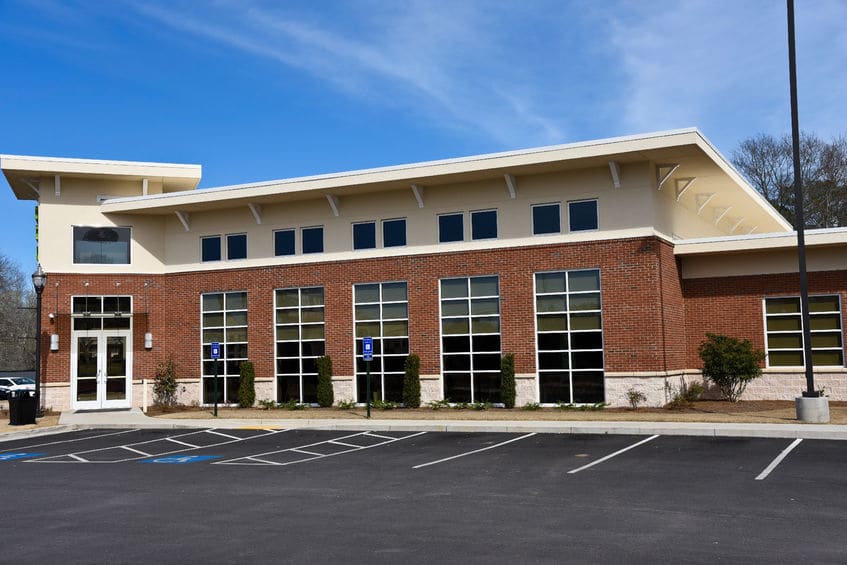
4 Things You Should Know about Nevada’s New Pre-Employment Marijuana Testing Laws
In recent years, the legalization of marijuana in states across the US has led to a rethinking of drug testing laws. When Nevada’s governor signed Assembly Bill 132, Nevada became the first state to make it illegal for employers to turn down job applicants for testing positive for cannabis in pre-employment drug screening. Read on to find out how Nevada drug testing laws in 2022 affect pre-employment drug testing procedures, how employers should prepare to protect themselves against potential civil law suits, and more.
What is AB132?
Assembly Bill 132 was signed by Nevada Governor Steve Sisolak in June of 2019 and came into effect starting January 1st, 2020. When the bill became law, for the first time in US history, it became illegal for most Nevada employers to turn down job applicants on the basis of having tested positive for marijuana in the company’s pre-employment drug screening. Here are two other important details the new law includes:
1) Exceptions
The law does not cover firefighters, EMTs, truckers, and others who are required to drive as part of their job, and potentially health care workers, all of which could cause harm to others when performing their duties under the influence of marijuana. Job applicants in these categories may still be rejected if their pre-employment drug screening comes back positive for marijuana.
2) Opportunities for rebuttal retests
In addition, the law allows for new employees who are tested within the first 30 days of employment to take another test on their own at their own expense. The employee may choose the testing facility themselves, and submit the new results to the employer. This way, the employee may rebut or refute findings in the first employment test. The employer must accept the new results and give them the proper consideration.
What conditions have stayed the same with the same passing of AB132?
Although this 2020 Nevada drug-testing law makes it illegal for most employers to reject potential employees for testing positive for marijuana, not everything has changed. Employers still need to be aware of other factors that affect whether or not potential or new employees, even those in job categories such as firefighters, law enforcement, EMS, drivers, and others, can be fired for testing positive for marijuana.
1) Nevada still has a medical marijuana program.
People who legally carry a medical marijuana card may use marijuana for treatment. In Nevada statutes, however, there are carve-outs for safety-sensitive positions, where employees who might harm others under the influence would not be protected under the new law. There is room for ambiguity, though, and not all law enforcement, truckers, healthcare workers, and others working in potentially dangerous situations (such as construction workers) are automatically excluded from protection in all situations.
Nevada Revised Statute 453A.800 (2021) speaks to the accommodations that an employer does and does not have to make in regards to employee usage of medical marijuana. For instance, the medical use of marijuana is not required to be allowed in the workplace. At the same time, the statute states that the medical needs of the employee who uses medical marijuana need to be accommodated by the employer. (The statute excludes law enforcement agencies under certain circumstances.)
2) The new law does not require employers to allow people to show up for work impaired by marijuana or other prescription drugs.
Employers still have the right to ban marijuana from their private properties and their workplaces, as per the above-linked Nevada Revised Statute 453A.800 (2021),
3) After the first 30-day period of employment, employers still have the right to continue requiring random drug tests.
If employers’ policies and procedures call for ongoing drug tests throughout the individual’s employment, they may continue to administer drug screenings and fire employees who test positive for drugs other than marijuana.
4) Marijuana is still a Class I prohibited substance according to federal law.
It is still a crime to use, possess, or sell marijuana, and persons that do so are at odds with federal law. If the employer is a federal contractor or receives federal funding, the potential employee risks being rejected as a new employee under federal guidelines.
Can companies still be sued under new Nevada state drug pre-screening laws?
Nolo (R) warns that although the state of Nevada does not place any limits on workplace drug testing, individuals can still use discrimination laws to protect themselves in instances where their drug screening results come out positive. Nolo (R) provides several instances where companies need to watch out for potential discrimination suits:
Disability discrimination
Nolo (R) reminds us that the Americans with Disabilities Act (ADA) protects an employee or applicant who is taking medication for a disability. If such an individual is taking a medication for a disability, tests positive for it, and is subsequently fired or not hired, the applicant or employee can take legal action and the company may be held liable.
Other types of discrimination
In addition to federal discrimination laws, the Nevada Fair Employment Practices Act remains in place. Business and Learning Resources (BLR) reminds employers that this Act also protects employees from being discriminated against based on “race, color, religion, sex, sexual orientation, gender identity expression, age, disability or national origin, or refusal to permit a service animate at the place of employment” (NV Rev. Stat. Sec. 613.310 et. seq.).” And as of 2021, BLR reports, the Act’s use of “race” refers to hairstyles and hair characteristics associated with ethnicity or race.
As a result, Nevada employers must carefully check the wording of both federal and state statutes to avoid being accused of targeting protected populations when drawing up and enforcing their drug-testing policies.
Invasion of privacy
Nolo warns that even if employers have legitimate reasons for testing somebody, they cannot violate the person’s privacy. For example, Nolo states, making employees disrobe or provide a urine sample in front of others could be considered a violation of privacy, depending upon the circumstances.
Defamation
Lastly, Nolo (R) provides an example of a defamation case that may occur if the employer publicizes a false result. In such an instance, an employee or potential employee who has tested positive for drugs may have a valid claim for defamation if the employer “acts in bad faith,” or “knows or should have known that the result was wrong,”
Other new local Nevada statutes
Other new local Nevada statutes may also define and affect a company’s ability to reject or fire employees depending upon whether or not a position is considered to be “safety-sensitive.” In fact, some of these new local statutes may affect whether or not such “safety-sensitive” positions would require (or even allow) a “zero-tolerance” policy for marijuana. In Nevada, there are already cases where a police department’s “zero-tolerance” policy has been challenged and declared untenable.
How can companies protect themselves with the new laws?
Companies need to reassess their pre-screening policies. Specifically, employers must decide which positions fall into the categories of applicants that are not protected by the new pre-screening law (such as fire fighters, EMS workers, and other unspecified workers who would cause harm if they performed their work impaired). They need to specifically define which positions would still require no marijuana use, and which ones would allow the individual to use marijuana on their own time, barring situations where the individual would show up impaired.
Lastly, employers must compare the wording between state and federal discrimination laws, state and federal employment laws, and state and federal drug testing laws that apply and consult with their legal departments when drawing up and enforcing their policies. Such precaution is necessary because determining when and where the new Nevada drug testing laws may apply can be challenging.
For more information on Nevada drug testing laws or for a commercial insurance consultation, please contact us.




